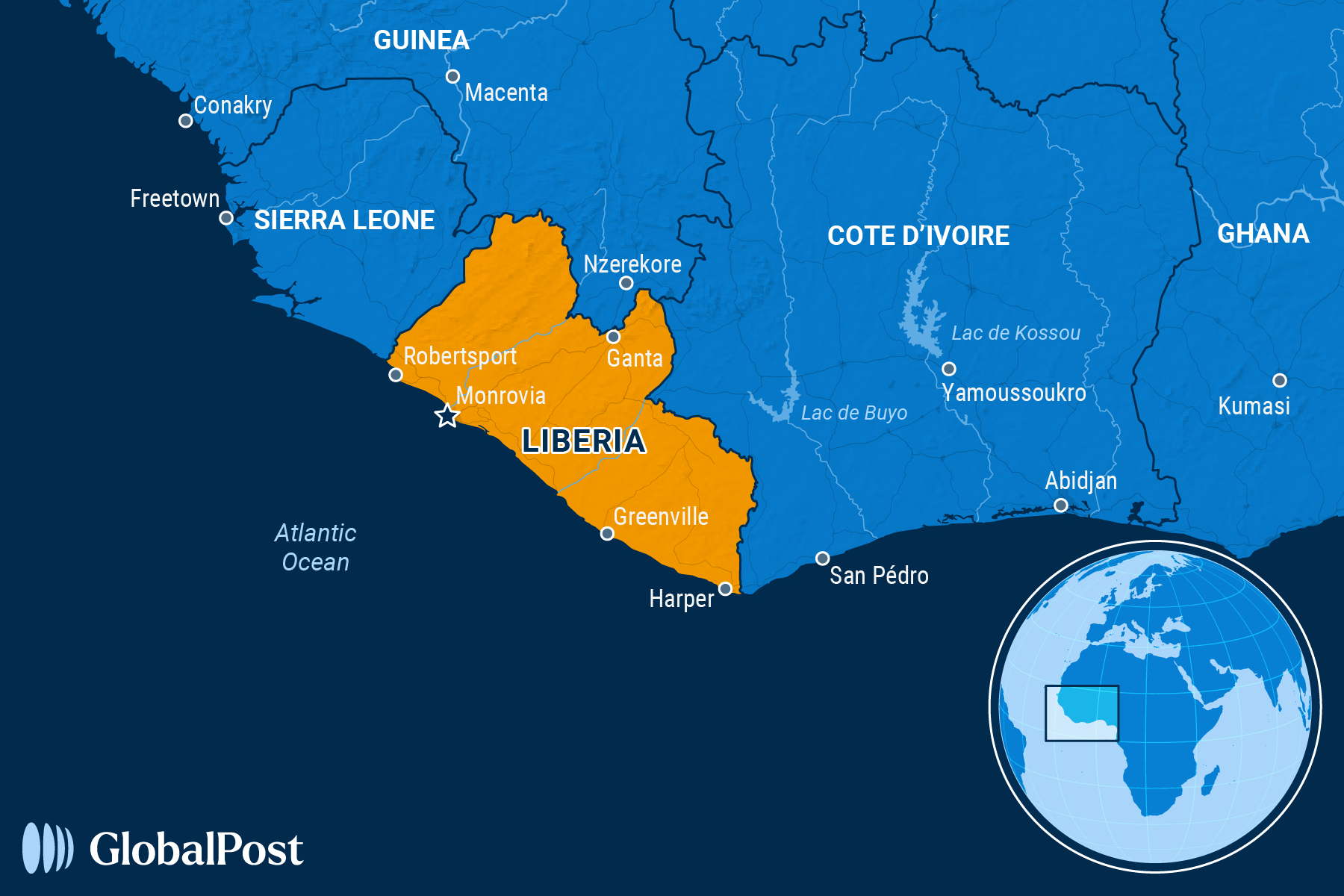NEED TO KNOW
Naming and Shaming: Liberia Gets Serious About Corruption
LIBERIA

Eight years ago, Liberia’s long-serving then-president, Ellen Johnson Sirleaf, admitted that her administration had not done nearly enough to fight corruption, calling it “public enemy number one.”
In office since 2006 as the country’s first elected leader following 14 years of back-to-back civil wars, the Nobel laureate said in her final state of the nation address that she had underestimated the problem.
“It is not because of the lack of political will to do so,” she said, “but because of the intractability of dependency and dishonesty cultivated from years of deprivation and poor governance.”
Now the country’s president, Joseph Nyuma Boakai, Sr., who took office last year, is getting serious about taking on the culture of corruption, and shaking up the country in the process.
Founded as a colony in 1822 by former American slaves, Liberia became Africa’s first republic 25 years later. Since then, it has struggled to create a prosperous society, suffering from coups, corruption, civil wars, a lack of development, and dire poverty despite its vast untapped mineral wealth.
More than half of Liberia’s five million people live on less than $2.15 a day.
In 2023, soccer star George Weah won the election on a pledge to combat corruption. A rags-to-riches story personified, he took office in the country’s first peaceful transfer of power in seven decades and promised to end the endemic corruption that was crippling the country and had dogged Sirleaf’s administration following her appointment of her children and relatives to top posts.
He failed, too.
In his first year in office, a corruption scandal erupted within his administration involving the disappearance of $100 million in newly printed central bank notes. Two years later, the United States imposed sanctions on three Liberian government officials, including Weah’s chief of staff, for public corruption. In 2024, five more officials, including his former finance minister, national security advisor, acting justice minister, and two top intelligence officials were under investigation on corruption charges.
Weah, who was accused of spending lavishly, did little to promote clean governance, which has stymied the investments the country desperately needs.
“There were no tangible actions on promises around accountability and anti-corruption,” said Naymote Partners for Democratic Development, a Liberian group that promotes good governance and political accountability.
By the end of his term, his supporters turned into protesters on the streets, complaining of dire economic conditions and warning of an uprising in a country still recovering from war and the Ebola pandemic of 2014 to 2016. He lost the 2023 election to a man he defeated six years earlier.
When Boakai took office last year, he promised to prioritize defeating corruption.
Last summer, Boakai, a former vice president in the Sirleaf administration, shocked the country by releasing the details of his assets, hoping to set an example for other public officials. Then, he told voters that he would reduce his salary by 40 percent, saying he hoped to set a precedent for “responsible governance” and demonstrate “solidarity” with Liberians.
In mid-February, he stunned voters again by suspending 457 officials without pay for failing to declare their assets to the anti-corruption agency as required by law. The officials included the top management of the Liberian Electricity Corporation, the Liberian Broadcasting System, the minister of health, the minister of education, and others from all sectors and departments of the state.
“Public officials are reminded that asset declaration is not only a legal obligation but also a fundamental measure to promote transparency and restore public trust in governmental institution,” he said.
Many hailed the move, saying it was about time. Others said it didn’t go far enough.
“The failure to declare assets wasn’t a simple oversight – it was an intentional act of defiance,” Mulbah Morlu, chairman of the Solidarity and Trust for a New Day civil society group, told Front Page Africa, a Liberian newspaper, adding that the suspension period was too lenient. “Even if they comply now, it’s too little, too late.”
Still, the Liberia Anti-Corruption Commission (LACC) published the list of all officials who failed to report their assets. The president also suspended the head of Liberia’s National Oil Company in early February on suspicion of corruption. He had already suspended the governor of the central bank and the head of the refugee and resettlement agencies. Other officials are also under investigation or on trial. He set up an asset recovery task force to recover stolen state assets and property acquired through corruption, including those stashed abroad.
Meanwhile, the House of Representatives is under scrutiny for a bribery scandal involving legislators being offered money to remove the speaker, the Liberian Observer reported.
Recently, the country gained two points on the Transparency International Corruption Perception Index, meaning it had improved year-on-year. It still ranks low – 135th out of 180 countries. But officials said it was a start while admitting there is a long way to go.
The country’s performance remains “hugely disappointing,” said Anderson Miamen, the executive director of the Center for Transparency and Accountability in Liberia. “Even though we acknowledge the two-point increase under the first year of the Boakai-Koung-led government, we caution against complacency, as immunity for corruption remains high.”
To read the full edition and support independent journalism, join our community of informed readers and subscribe today!